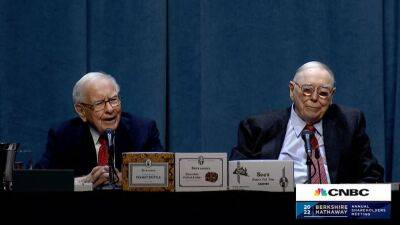Doug Bannister, head of the Port of Dover: ‘We’re at the centre of Brexit. I signed up for that’
When Doug Bannister told his family he would be joining the Port of Dover as its chief executive, weeks before the original March 2019 Brexit date, his father-in-law voiced what many might have thought: “Are you mad?”
The softly spoken American clearly isn’t one to shy away from a daunting task, including taking over at Britain’s busiest port during what he calls the “once in a generation” change in the country’s trading relationship with its closest neighbours.
As negotiations dragged on, Brexit was delayed for another year, but when it came, the change was seismic. “It was such a significant transformation that the nation was going through, and Dover is the epicentre of that activity. And I did sign up for that,” Bannister says.
Even if, on arrival, he was pleasantly surprised at the port’s preparations for Brexit, he never could have forecast the other storm clouds gathering on the horizon. Covid repeatedly disrupted traffic on Britain’s busiest trade route, halted most leisure travel for two years, and even saw France close its border in December 2020 to all travellers, including truck drivers, from England.
The drop-off in traffic put pressure on the finances of the port, run by the Dover Harbour Board, which was granted a royal charter in 1606. It does not have any external shareholders, and its “trust port” status prevented it from tapping investors or going to the capital markets to raise cash during the pandemic.
Freight traffic has largely returned to pre-Brexit, pre-pandemic levels at the UK’s most important “ro-ro” port (so named because vehicles roll on and roll off the ships), Bannister says, although leisure travel has been recovering more slowly. A third of all the UK’s trade in goods with the EU is handled by
Read more on theguardian.com



 theguardian.com
theguardian.com


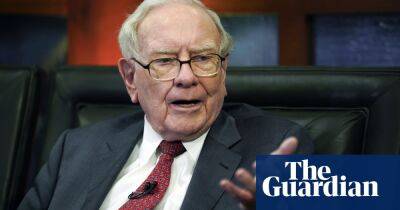


![Binance Coin [BNB] to cross the $420 mark? Dominant whales have the answer - ambcrypto.com - city Santiment - city Santimentfollow](https://finance-news.co/storage/thumbs_400/img/2022/5/1/23829_p4q9.jpg)

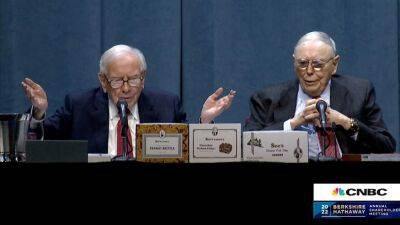


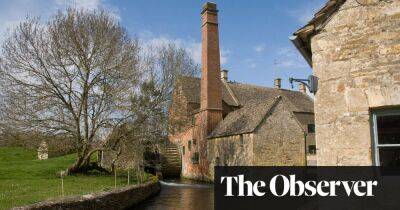

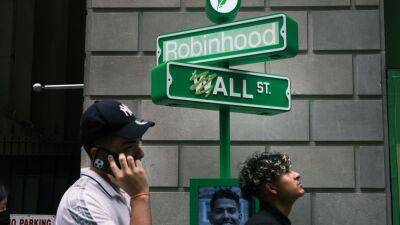


![Solana [SOL] suffered a loss in volume, should Binance be blamed - ambcrypto.com - city Santimentwell](https://finance-news.co/storage/thumbs_400/img/2022/4/30/23819_gos.jpg)

